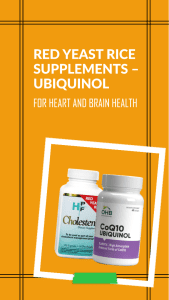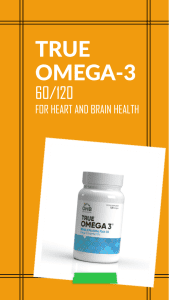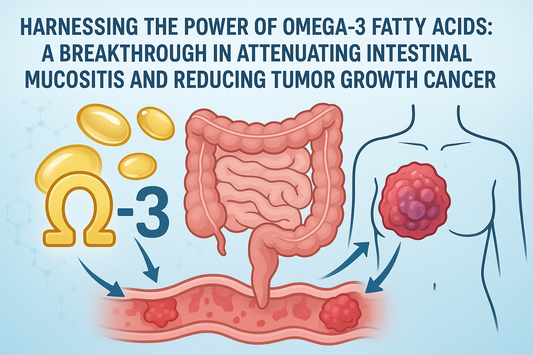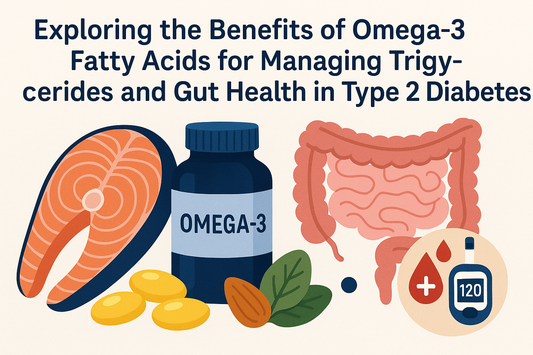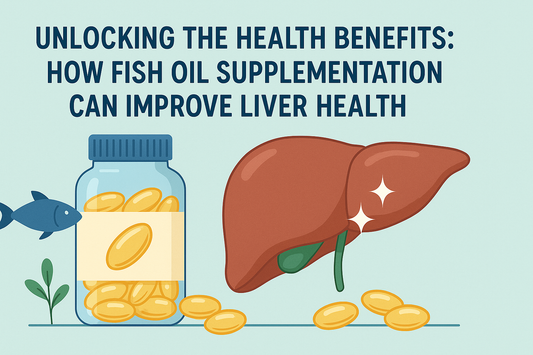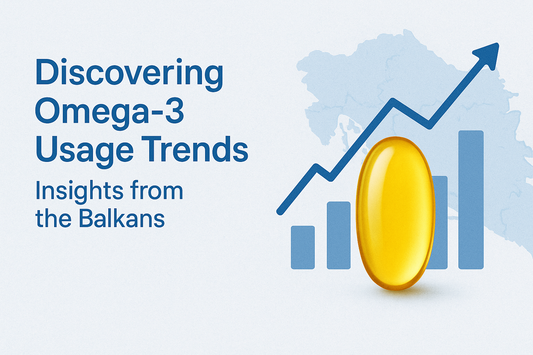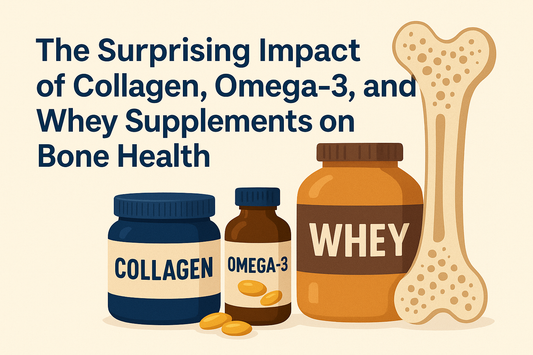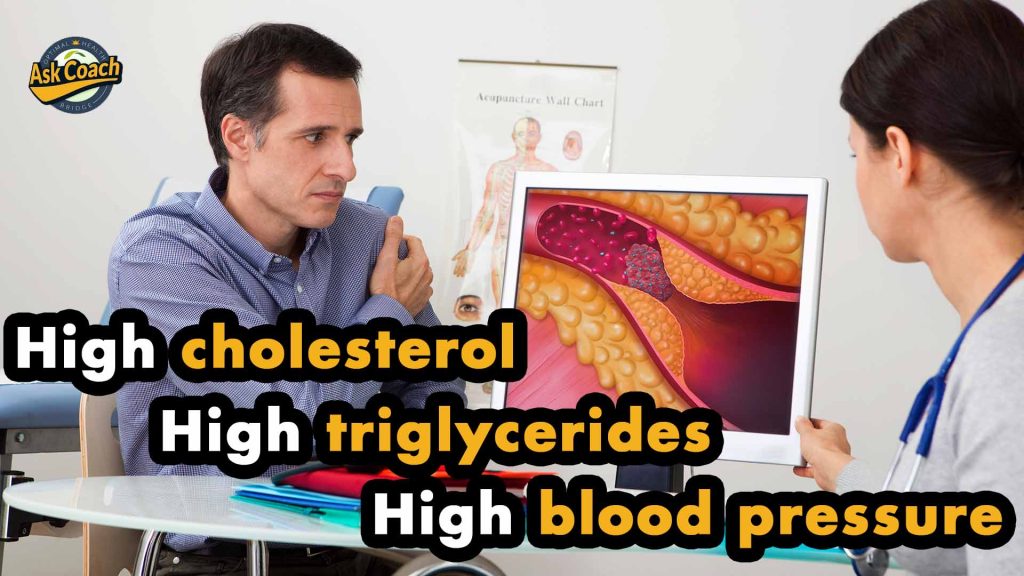
Share
There is a glue that holds atoms together. There is another type of glue that binds molecules together. Building upon all this adhesiveness is the glue that brings systems together. Whether it’s organs or an entire system that creates the phenomenon we know as life, it is a gift we want to appreciate. I recently related that I had a Sacro-iliac joint injury, and I have learned a special kind of gratitude for the way my body functions. If I can bend down and pick something up off the floor without pain, I thank my body for this ability. I literally and consciously thank my SI joint for making this possible!
We can use various perspectives to look at these systems, whether micro or macro. The exciting feeling we come away with is that the micro is reflected in the macro. Solar systems reflect the same energetic bonds as do atoms. Constellations of stars reflect molecular chains.
Today, we will look at heart health from three angles or perspectives and see if there is any relationship.
High cholesterol, high triglycerides, and high blood pressure are all conditions that can significantly increase the risk of cardiovascular problems. While each of these conditions is considered a separate problem, a complex relationship between them can further exacerbate their effects on the body. In ancient times, say 4,000 years old, a city would be walled off from the outside to protect its citizens from invaders. An outward attack on the town might turn into a siege cutting off supplies from the surrounding farms. An inside attack could be perpetrated by a Trojan Horse scenario, a sneak attack, or even a revolt of the city’s citizens against their governing authority. These scenarios can be seen inside our bodies.
Let’s explore the relationship between high cholesterol, high triglycerides, and high blood pressure and examine how they interact to affect cardiovascular health.
High Cholesterol and Heart Disease
Cholesterol is a fat produced by the liver and found in certain foods. There are two types of cholesterol: low-density lipoprotein (LDL) cholesterol, which is often referred to as “bad” cholesterol, and high-density lipoprotein (HDL) cholesterol, which is often referred to as “good” cholesterol. HDL cholesterol transports excess cholesterol away from the arteries, and LDL cholesterol carries cholesterol to the arteries, where it may be deposited and contribute to plaque development.
LDL cholesterol can build up in the arteries over time, leading to the development of plaque, which can narrow or block the arteries and increase the risk of heart disease and stroke. Narrowing of the arteries can lead to high blood pressure. Any bodily injury may also serve to weaken the circulatory vessels and can lead to an aneurysm.
An aneurysm is a bulge or ballooning in a weakened blood vessel that can rupture, leading to severe bleeding and potentially life-threatening complications. An aneurysm can occur in any blood vessel in the body but most commonly affects the arteries in the brain, aorta, and spleen.
Sometimes, an aneurysm may rupture, leading to severe bleeding and potentially life-threatening complications. Symptoms of a ruptured aneurysm can include sudden, severe headache, blurred vision, difficulty speaking, numbness or weakness on one side of the body, and loss of consciousness. Suppose you suspect that you or someone else may have a ruptured aneurysm. In that case, it is important to immediately seek emergency medical attention.
While genetics can affect cholesterol levels, diet and lifestyle factors can also significantly impact cholesterol levels. Consuming a diet high in saturated and trans fats, for example, can increase LDL cholesterol levels, while consuming a diet rich in fruits, vegetables, and whole grains can help lower LDL cholesterol levels.
High Triglycerides and Heart Disease
Triglycerides are a kind of fat that is found in the blood. Like cholesterol, triglycerides can contribute to plaque buildup in the arteries and increase the risk of heart disease and stroke.
Elevated triglyceride levels are often seen in people with type 2 diabetes, obesity, and metabolic syndrome, a cluster of conditions that can increase the risk of cardiovascular disease.
Lifestyle issues such as poor diet, lack of exercise, and alcohol consumption can also impact triglyceride levels. Consuming a diet high in sugar and refined carbohydrates, for example, can increase triglyceride levels. At the same time, regular exercise and moderate alcohol consumption can help lower triglyceride levels.
High Blood Pressure and Heart Disease
High blood pressure, or hypertension, begins when the force of blood against the walls of the arteries is consistently too high. Over time, this can cause damage to the arteries and increase the risk of heart disease, stroke, and other cardiovascular problems.
Like cholesterol and triglycerides, lifestyle factors like diet and exercise can significantly impact blood pressure levels. Consuming a diet high in salt and processed foods, for example, can increase blood pressure levels. At the same time, regular exercise and maintaining a healthy weight can help lower blood pressure levels.
The Relationship Between High Cholesterol, High Triglycerides, and High Blood Pressure
While each of these conditions is usually looked at separately, a complex relationship exists between high cholesterol, high triglycerides, and high blood pressure that can further exacerbate their effects on cardiovascular health.
For example, studies have shown that high cholesterol levels can contribute to developing high blood pressure by causing damage to the arteries and making them less elastic. This can lead to increased resistance to blood flow and higher blood pressure levels.
Similarly, high triglyceride levels have also been linked to high blood pressure. One study published in the journal hypertension found that people with high triglyceride levels were more likely to have a high blood pressure than those with lower triglyceride levels.
In addition to these direct relationships, there are several indirect ways in which high cholesterol, high triglycerides, and high blood pressure can impact cardiovascular health. For example, high cholesterol and triglyceride levels can contribute to the development of insulin resistance, a condition in which the body is less able to use insulin effectively. Insulin resistance is a crucial factor in the beginnings of type 2 diabetes, which is a significant risk factor for cardiovascular disease.
Insulin resistance can also contribute to developing high blood pressure by causing the blood vessels to become less flexible and narrow. This can increase the resistance to blood flow, leading to higher blood pressure levels.
In addition, high levels of LDL cholesterol and triglycerides can contribute to inflammation in the arteries, which can further exacerbate plaque buildup and increase the risk of heart disease and stroke.
Managing High Cholesterol, High Triglycerides, and High Blood Pressure
There are a few simple things you can do to manage high cholesterol, high triglycerides, and high blood pressure and reduce your risk of cardiovascular disease.
Diet and Lifestyle Changes
Making dietary and lifestyle changes is often the first defense against high cholesterol, high triglycerides, and high blood pressure. Some recommended changes include the following:
- Eating a heart-healthy diet rich in fruits, vegetables, whole grains, lean proteins, and healthy fats like olive oil and avocado.
- Reducing intake of saturated and trans fats, as well as foods high in sugar and refined carbohydrates.
- Increasing physical activity and exercise, aiming for at least 30 minutes of moderate-intensity activity most days.
- Quitting smoking and avoiding exposure to secondhand smoke.
- Limiting alcohol consumption to moderate levels (no more than one drink per day for women and no more than two drinks per day for men).
Let’s summarize:
High cholesterol, high triglycerides, and high blood pressure are conditions that can significantly increase the risk of heart disease, stroke, and other cardiovascular problems. While each of these conditions has its own causes and risk factors, a complex relationship between them can further exacerbate their effects on cardiovascular health.
Making dietary and lifestyle changes can help manage high cholesterol, high triglycerides, and high blood pressure and reduce the risk of cardiovascular disease.
Let’s turn this statement around and say utilizing diet, proper nourishment, exercise, and mind state can ensure heart health. You started as a single-cell organism and have grown cells and systems until you are what you are today. You are a constellation of miraculous beauty and efficiency. The things you can do with your body and abilities seem miraculous at first blush. Never underestimate what you are capable of and your capacity to heal, enjoy life and do good for yourself and others around you!


